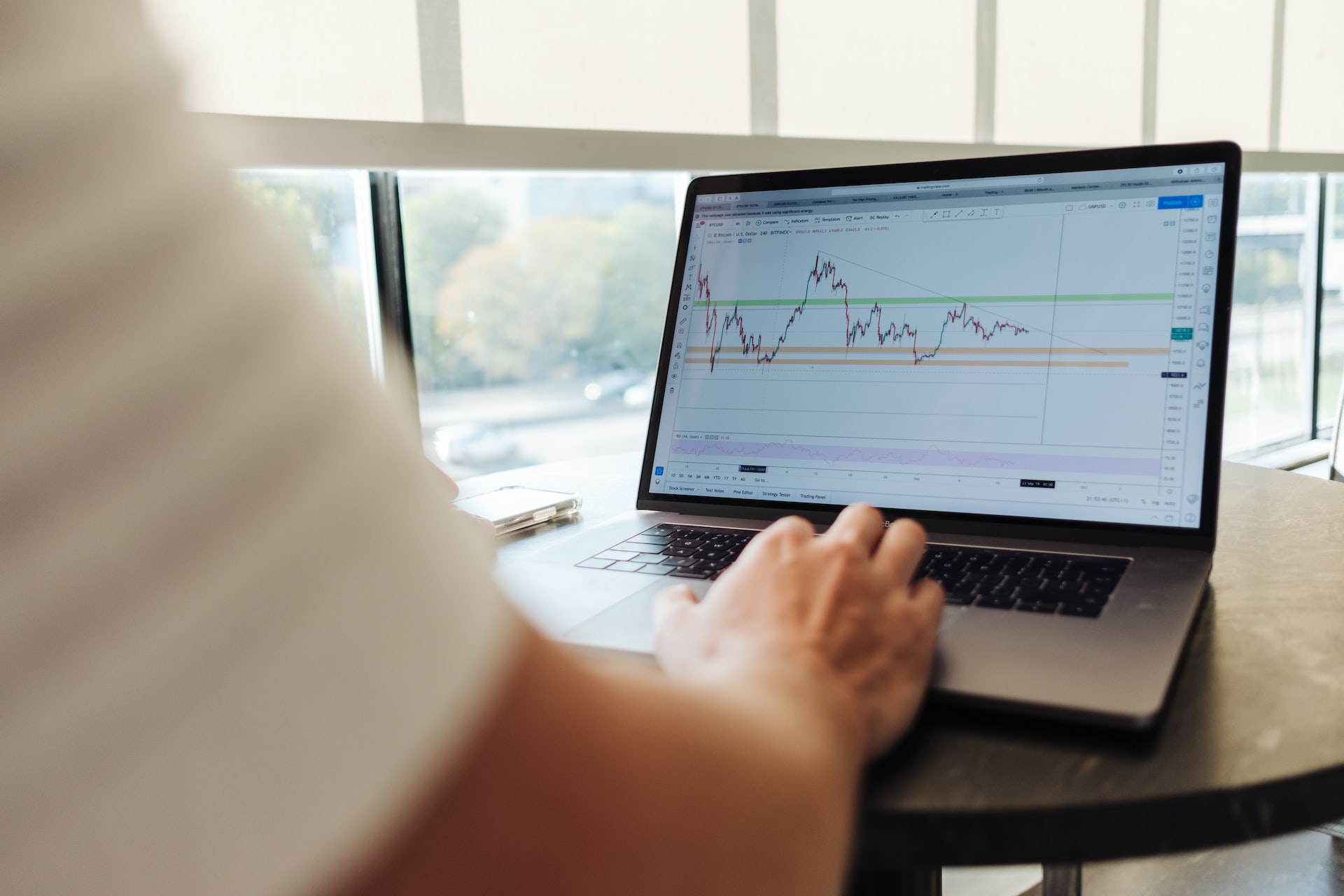
Growing Your Financial Portfolio by Adding Land Investments
Stocks, bonds, mutual funds—investing isn’t limited to these common types. There’s a less common but still important investment in real estate: land. Land investments are becoming increasingly popular as savvy investors look for ways to diversify their portfolios. But why should someone invest in land? How do you know if a piece of land is a good investment? Keep reading for a guide on how to add land investments to your portfolio.
Contents
Why Should I Invest in Land?
Land investments provide stability in an ever-changing market. Unlike stocks that can fluctuate from day to day, land is tangible and usually appreciates over time.
Land is also less volatile than other types of investments, meaning the value won’t change drastically overnight. Furthermore, investing in land can provide tax benefits if you use it for business purposes or rent it out as a source of income.
How Do I Know If a Piece of Land Is a Good Investment?
The key here is research—the more information someone has about a potential purchase (location, size, zoning laws), the better off they’ll be when making a decision. It’s also important to remember that real estate markets vary widely from region to region; therefore, what may be considered “good” in one area may not be such a great deal elsewhere.
Additionally, speak with local land investors who have experience with buying and selling land. They will have insight into which properties are most likely to generate returns on investment and which aren’t worth buying.
Generally speaking, you’re looking for pieces of land with high quality soil and drainage, and ones that don’t have anything that will interfere with your plans. For example, if you’ll eventually want to build a new home, you’ll need to consider the land’s proximity to needed amenities like grocery stores.
How Do I Invest in Land?
Investing in land is relatively simple but involves some research and investigation beforehand. The first step is finding the right property.
Depending on your goals, you might be looking for something with the potential for development or rental income. Once you’ve found the right piece of property, the next step is to assess the legalities surrounding it. This includes things like:
- Zoning laws
- Deed restrictions
- Access points
- Title searches
Investors should also consider whether there are any environmental issues associated with the property. Lastly, determine your budget and secure financing based on what you can comfortably afford.
One final factor to consider is this: there are various categories of land someone can invest in. These include residential and commercial and more agricultural options. There’s a category for every type of land investor! Be sure you know your plans for the land before choosing a piece.
The Benefits of Investing in Land
In addition to stability, investing in land provides additional benefits. These include the potential of appreciation as well as being less expensive.
Land is a Finite Resource
When someone invests in land, they know that the amount of land available on earth will never increase. This is why land is often seen as an asset with enduring value, like gold or silver.
As cities expand and populations grow, this finite resource becomes more sought-after and valuable over time. Investing in land can be a great way to build long-term wealth since its value increases with demand.
In addition, land can also appreciate in value due to other factors such as its proximity to natural resources or amenities such as:
- Shopping centers
- Schools
- Hospitals
- Transportation hubs
For example, let’s say an investor buys beachfront land. This land will likely rise in value over time as the area becomes more desirable.
Land Can Be Inexpensive To Own
Another benefit of investing in land is that it doesn’t have to be expensive to own. This is especially true if the plot does not come with any existing structures. If there aren’t any existing structures on the property, then there won’t be any additional costs associated with maintaining them either.
Ultimately, investing in raw land provides investors with plenty of options for building long-term wealth without requiring too much risk upfront. Therefore, investors should consider giving it some thought if they’re looking to expand their portfolio.
What Else Should I Know About Investing In Land?
When investing in land, some things should always be taken into account, such as:
- Environmental factors
- Local building codes
- Discounts
Environmental factors like soil type and water quality can make or break a deal. Therefore, it’s important to ensure these elements are considered before committing to anything long-term. Additionally, investors should become familiar with local building codes so that they don’t run into any unexpected problems when trying to build or develop a lot (if that’s part of the plan).
Lastly, keep an eye out for discounts. Sometimes, parcels of land come up for sale at discounted prices due to factors like bankruptcy proceedings or foreclosure sales. These can be excellent opportunities for buyers looking for bargains.
Choosing to Invest in Land
Investing in land can be an excellent way to diversify a portfolio while reaping potential rewards over time. Before committing money towards purchasing land, take the time necessary to research everything. Key factors include zoning laws, regulations, water quality, soil type, and more. These listed will affect both current values as well as future potential returns on investment.
With some shopping around and knowledge gained through conversations with local experts, investing in land could be one of the smartest financial plays an investor can make.


